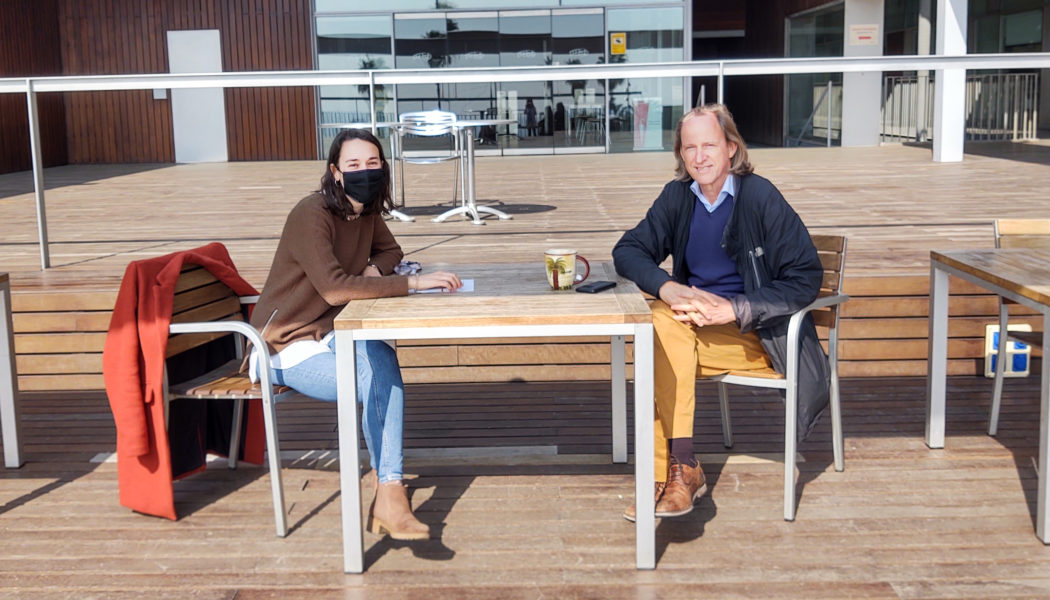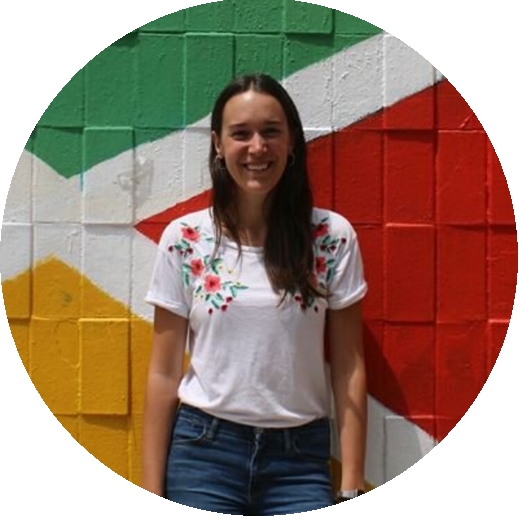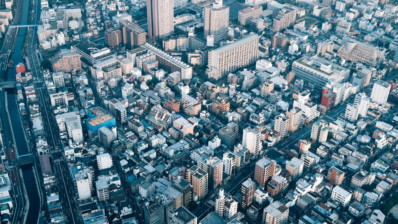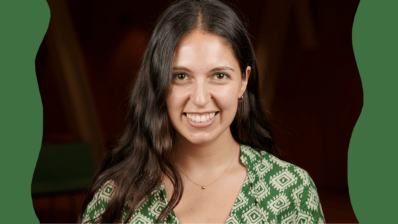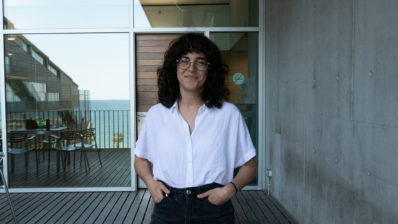Mark J Nieuwenhuijsen is a Research Professor, Director of the Urban Planning, Environment and Health Initiative, and Director of the Air pollution and Urban Environment Programme at Barcelona Institute for Global Health (ISGlobal). He has been doing research in epidemiology for almost 30 years and he has just published his 500th paper on premature deaths associated with pollution, urban planning and environmental inequities.
I meet him at the Barcelona Biomedical Research Park (PRBB) auditorium terrace to talk a bit about his career. It is a sunny day, the sea is calm and spring is around the corner. Mark brings a large cup of tea to accompany the interview. I immediately know I will have a good time.
First of all, congratulations: 500 papers is quite a lot!
Well, it is a lot! But I am still not the person with the highest number of papers in my institute: Jordi Sunyer and Manolis Kogevinas have more. Although they are also older than me! (laughs)
You still have time, then! But let’s go back to how everything started. Do you remember the first paper you published?
My first one… Well that was a long time ago! It was part of my PhD about occupational allergy and exposures so that must have been 1993 or so. At that time I was in London studying an outbreak of a lung disease at a sawmill.
You left all these respiratory syndromes to study urban planning. How was this transition?
Well it took a bit longer than that. During my PhD I was studying occupational hygiene and epidemiology. Then I went for a couple of years to California, where I did my postdoc on agricultural health, and then I went back to London to do a lectureship in Imperial College. I was going to work also occupational work, but I couldn’t get any funding for it. Then I decided to write other proposals about air pollution, which got funded straight away. And that is how I got into the ambient air pollution field.
So, thanks to that moment of bad luck, you found the way!
Indeed. And it happened to me again 8-9 years after, when I came here for a sabbatical at what was formerly the CREAL. I was working on chlorination by-products and drinking water and I was also doing a bit of research on air pollution. At that moment, there was not much funding for chlorination by-products, so I left that and I applied for a call for green space exposure and health. I got the funding, so I started doing that.
And did urban and transport planning come right after?
Well, when I was studying the health effects of green space exposure we tried to put everything in some kind of framework. We started thinking, what elements come into play? Because it is not only air pollution and green space. And this is how we got into transport and urban planning, noise, heat alert effect, physical activity… because we started looking at the holistic picture and brought it into the area of epidemiology.
It has been a long way!
Yes. Going step-by-step, with a bit of luck! You never know how these things will go, because many times you present research proposals that don’t get funded! But I have a great team and we also have very productive collaborations within ISGlobal and with other groups around Europe.
Finally, Mark, now that you have a long experience, do you have any advice for a PhD student writing his or her first paper?
I think that the first paper is often the most difficult one. After 3 or 4 you get a kind of rhythm. You know what is needed, what to do, but I remember that I struggled with my first one. I wrote it and I gave it to my supervisor… and he completely rewrote it! (laughs). I thought I did my best, and yet it was completely changed! But it was very helpful.
My advice when you are writing a paper is:
- try to do your best
- try to learn as much as possible from people around you
- do not hesitate to ask for advice
- have a clear idea of what the messages are
- have 4-5 figures or tables with the results
- think of a good narrative to link the results
- be proud of it!
Follow these tips and at the end of the day you will have a good story! People love stories, so you will have done a good job.
And, the most important: whatever you do, write that paper! Papers are important. They are the way we share the results of our research with the rest of the scientific community. That’s why it’s a shame if you do some work and you don’t turn it into a paper!
